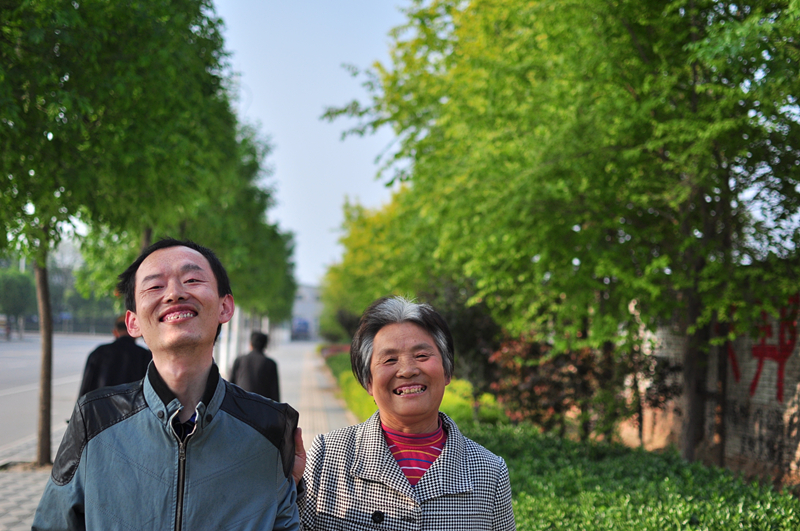Hawking's death puts ALS patients in spotlight


Public awareness of the rare disease, known as 'gradual freezing', is growing in China, as Zhang Yi reports.
The recent death of Stephen Hawking from amyotrophic lateral sclerosis had great resonance in China.
The British physicist was an icon in the country, not just because of his intellect and the visits he made, but also because he was an inspirational figure for Chinese people with ALS, a fatal illness.
Despite being given just a couple of years to live after being diagnosed at age 21, Hawking lived for another 55 years - becoming the world's longest-surviving ALS patient - married twice and had three children. While his body was in a wheelchair, his mind travelled the universe.
Hawking inspired people across the world thanks to his contribution to science and "his courage and persistence with his brilliance and humour", according to a statement issued by his children.
During a visit to China in 2006, Hawking made a point of speaking publicly on June 21 - on which Global ALS Day is marked every year - telling Chinese patients, "Physical disability should not stop you from moving forward, just as I do."
Cui Liying, director of the department of neurology at Peking Union Medical College Hospital, said an estimated 100,000 people in China have ALS, which is known in the West as Lou Gehrig's disease after a well-known baseball player who had the illness.
Although the average life expectancy of Chinese patients is three and a half years, about half of them die within 30 months, while 20 percent live about five years, and only 10 percent survive for more than 10 years, Cui said.
She added that global research into the illness has progressed slowly, and researchers have not yet been able to determine the cause or identify a cure.
"Although ALS is not yet curable, that doesn't mean it cannot be treated. Treatment refers to not just extending people's life spans by the use of drugs, but also careful nursing, which is important to reduce pain and maintain a good quality of life," she said.
"We have found that the average life span of patients in China is rising as a result of better medical treatment and nutrition, but we haven't done a thorough survey to prove it."
Though patients' living standards have risen during the past decade thanks to better public awareness and improved medical care and insurance, it is still a long way from providing quality of life and dignity.
- Major airport in Guangzhou sees record passenger throughput
- China launches new project to support young scientists
- Big lottery winners in Guangzhou claim prize
- No indication of big earthquake to occur in Ningxia, said officials
- Rural China tackles hefty bride prices to ease marriage burdens
- 8 killed, 15 injured in market fire in North China's Hebei





































